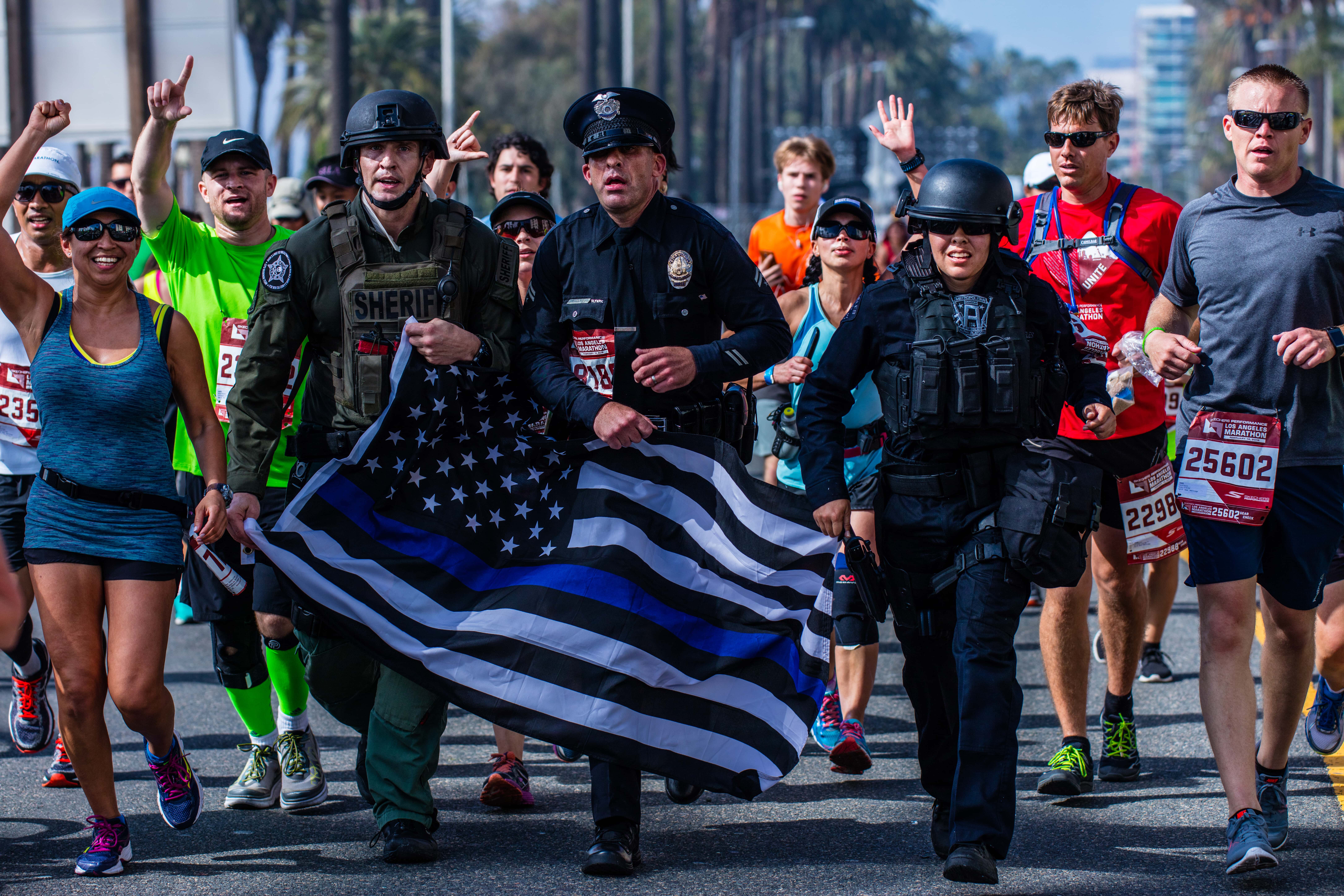A recent Los Angeles Times front page story detailed the Department of Justice’s (DOJ) warning to the LAPD over racial profiling and highlighted the reasons why the DOJ feels LAPD policies in this area are inadequate. In a letter to the Department that was leaked to the Times, the DOJ’s “concerns” over racial profiling cite such tenuous evidence as an inadvertent recording of two officers being dismissive of profiling complaints and an LAPD investigator’s failure to be as dogged in his questioning as Justice officials would’ve liked. We kid you not!
Of course, anyone with even the slightest knowledge of the Department’s efforts to investigate and address complaints of racial profiling has to shake their head in disbelief over the DOJ letter. Why the disbelief? Because the LAPD this year took decisive action by creating the Constitutional Policing Unit to beef up its ability to thoroughly and accurately investigate complaints of biased profiling. Indeed, all complaints made against an LAPD officer – even those that on the surface have no merit – are fully investigated. These complaints, which the Times story approximates at around 250 per year, accuse officers of targeting a person solely because of his or her race, ethnicity, religious garb or some other form of outward appearance.
These investigations are exhaustive and include a thorough, nearly 90-minute interview that begins with the officer being read his Miranda rights. At present, the Department has four LAPD officials assigned full time to grill officers accused of racial profiling. The annual taxpayer tab for these assignments is over $500,000 – not including the tens of thousands of dollars it costs to simply transcribe the interviews.
It’s no secret certain leaders are deeply disappointed that these extensive investigations have yet to produce any evidence of racial profiling. At a recent Police Commission meeting, for example, the disappointment in Commissioner Rob Saltzman’s voice was palpable. As he badgered Commander Richard Webb, who presented an outstanding report on Constitutional Policing and racial profiling, Commissioner Saltzman pressed for a “different result” in the future. Commissioner John Mack chimed in, wondering if perhaps some other piece of information could result in finding some officers in violation.
We are proud of Chief Beck’s response to the Times story. The Chief said the conversation of two officers is not indicative of widespread practices at the Department and that the Justice Department investigation is based on cases that predated strict investigative guidelines put into place last year. “It is a huge leap to paint the entire department with that brush,” Beck told the Times. “And it is just not true. It's not that type of department. We have a tough history that we must overcome and that takes time, but…the vast, vast majority of Los Angeles police officers today police in the right ways for the right reasons.”
Rather than being proud of the LAPD, some police commissioners are struggling to find ways of changing the standards to make it easier to find LAPD officers guilty of racial profiling. It’s troubling that folks with this biased mindset are charged with overseeing the LAPD.
The good news, however, is that the LAPD is not a department that racially profiles, but instead, does excellent police work every day. It is important to have a robust complaint process that ensures the discovery of officers who violate policy, but, as every American knows, an accusation does not automatically mean ‘guilty.’ Due process is a concept that one would reasonably expect a commissioner who previously headed a civil rights organization and a commissioner currently serving as dean of a law school, to understand and embrace.
Clearly, because of space limitations, what the Times was not able to do was detail for readers the LAPD’s extensive process of investigating racial profiling complaints. Instead, the story was yet another reminder that some people, be they police commissioners or ill-informed DOJ attorneys, will keep clinging to their outdated beliefs about the LAPD and racial profiling, facts and evidence be damned.
Police commissioners have an ethical responsibility to not manufacture circumstances that serve their personal views or political agendas. Unfortunately, their recent public comments have sent the wrong message to LAPD officers and the public – that the LAPD complaint system should meet ‘guilty’ quotas for every type of complaint, even in the absence of substantiating evidence.











